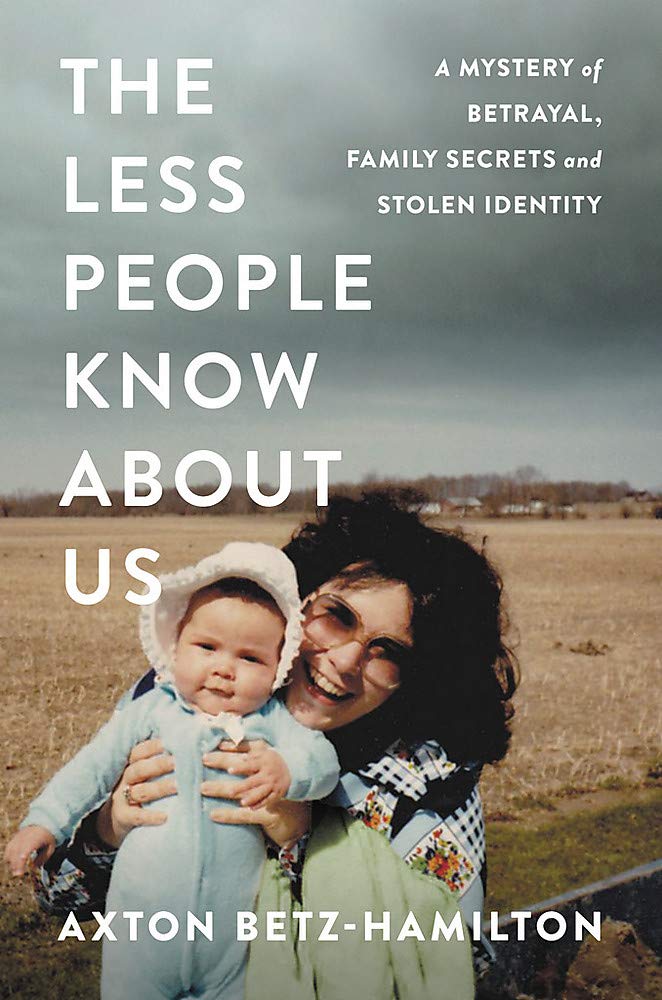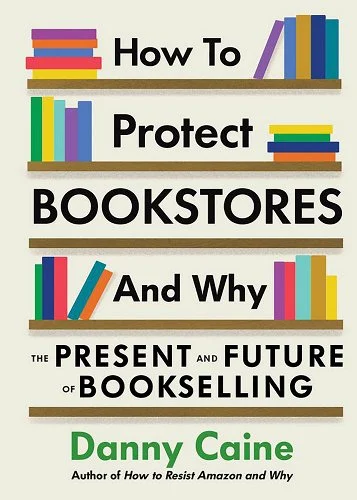Here is another guest review from EDIWTB reader Nancy West, this time of The Birthday Party by Stanley N. Alpert. Thanks, Nancy!
Every few months, I receive a chain e-mail detailing survival tips to observe if you happen to be mugged, carjacked, kidnapped, or held at gunpoint in any other form. (Throw your purse at a distance rather than handing it over; kick out the taillights if you are locked in a trunk, etc.) I have to admit, I always find those lists intriguing — not because I expect to ever need to use the pointers but because I find myself thinking, “Hmmm, would I have thought of that?”
Toward the end of The Birthday Party, Stanley N. Alpert’s memoir of his 1998 kidnapping and 27-hour internment in the Brooklyn apartment of his gun-wielding teenage captors, Alpert himself receives a list of tips like the ones I’m referring to. By this time, it is months after the ordeal took place. Alpert reviews the list to see how well he “scored” and discovers that with a couple of exceptions, his instincts served him well. Merely by virtue of the fact that Alpert was around to write the book, we readers know that Alpert’s experience had a safe and happy outcome.
The first half of this account is devoted to the events of the January night in 1998 when Alpert was snatched off the street in his Manhattan neighborhood and held captive for the next 27 hours. (The length of captivity is directly related to how many withdrawals the captors can make using his ATM card on any one calendar day.) Alpert’s narrative documents every thought, fear, reflection and misgiving to pass through his mind throughout this harrowing experience while also recording the sometimes bizarre events going on around him in the squalid apartment in which he is held. Meanwhile, Alpert alternately reflects internally on the childhood, family life, social life and professional choices that have led up to this point and creates complicated analyses in his head as to how to improve his chances for survival.
The second half of the book relates the events after Alpert’s release. He reunites with his friends, talks to his parents, aids the police, and then for fifty pages relates the verbatim testimonies of each of the seven suspects. That’s fifty pages of talk from people we already know are guilty. Not compelling text, to put it mildly. Moreover, Alpert seems to be channeling the voice of Raymond Chandler with paragraphs like the one that includes the phrases “diming out,” “sing like a canary,” “sweet song” (in reference to snitching), and “supper of 8-10 years” (to describe an abbreviated prison sentence).
Though some readers have disparaged Alpert’s self-congratulatory style, I was honestly impressed by the intellectual survival instincts that made him hyper-aware of every detail and comment he took in while blindfolded — the color of the floor tiles, the amount one of the girls paid for cab fare, the name of the deli where they bought lunch, the plans one kidnapper makes to visit his grandmother in Virginia. By absorbing all of these micro-details, Alpert accrues a bank of information to help the police apprehend the perpetrators, and I found that aspect genuinely interesting.
That said, Alpert did not need to spend nearly so much time trying to convince readers of why it shouldn’t have happened to HIM, a self-professed brilliant and righteous lawyer, super-popular guy among Manhattan‘s best and brightest, great son, desirable date, and so on. Being terrorized, robbed and held at gunpoint shouldn’t have happened to anyone – no need to justify your undeservingness.
My other quibble is that in these post-James Frey times, memoirists are expected to be vigilant about qualifying their recollections. Like many other nonfiction accounts published since the Frey imbroglio, Alpert makes mention in his foreword of his priority on accuracy. However, he then goes out on a limb in describing scenes he didn’t witness, particularly concerning the actions of his friends. At times, the descriptions are simply superfluous, given that we know he’s just guessing: his quasi-girlfriend Darcy “stands up and wraps a large wool scarf around her small neck.” Quite likely Alpert can picture this gesture of Darcy’s even without being there, but why bother to include it at all when we know he’s just synthesizing? At other times, his assumptions about what went on in his absence really stretch credibility. A bunch of male thirtysomething Manhattan lawyers sat around “with red and tearstained faces” as they awaited word of their friend’s fate? I do not at all mean to suggest that Alpert’s friends were not terribly upset by his disappearance, but my guess is that they were more likely to be making phone calls, asking questions, and demanding information than weeping on each other’s shoulders.
Glad I read it; glad I’m done with it. Alpert deserves credit for coping so intelligently amidst extremely adverse conditions. He also deserves a more critical editor who knows how to cut text and weed out cliches.












About Me
I have been blogging about books here at Everyday I Write the Book since 2006. I love to read, and I love to talk about books and what other people are reading.